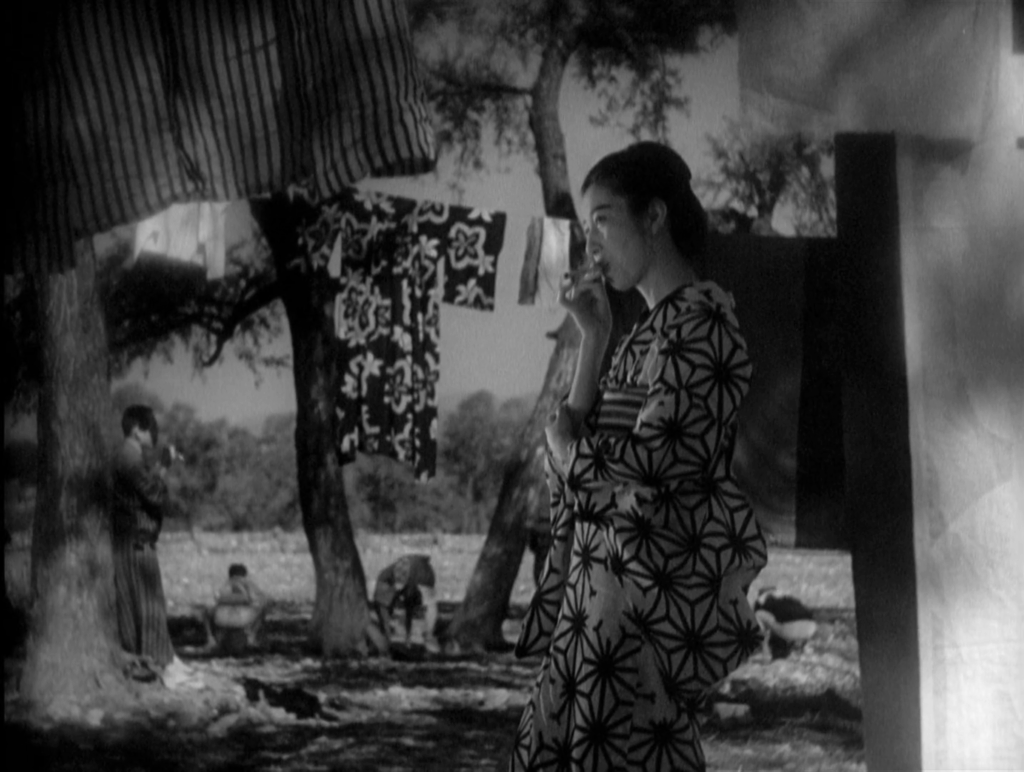A Story of Floating Weeds (1934)
The contempt that travelling actors hold for themselves in A Story of Floating Weeds may be extreme, yet the petty drama they vindictively stoke only further condemns them to sorrowful lives, as Yasujirō Ozu examines their thorny relationships with both compassion and cynicism.

